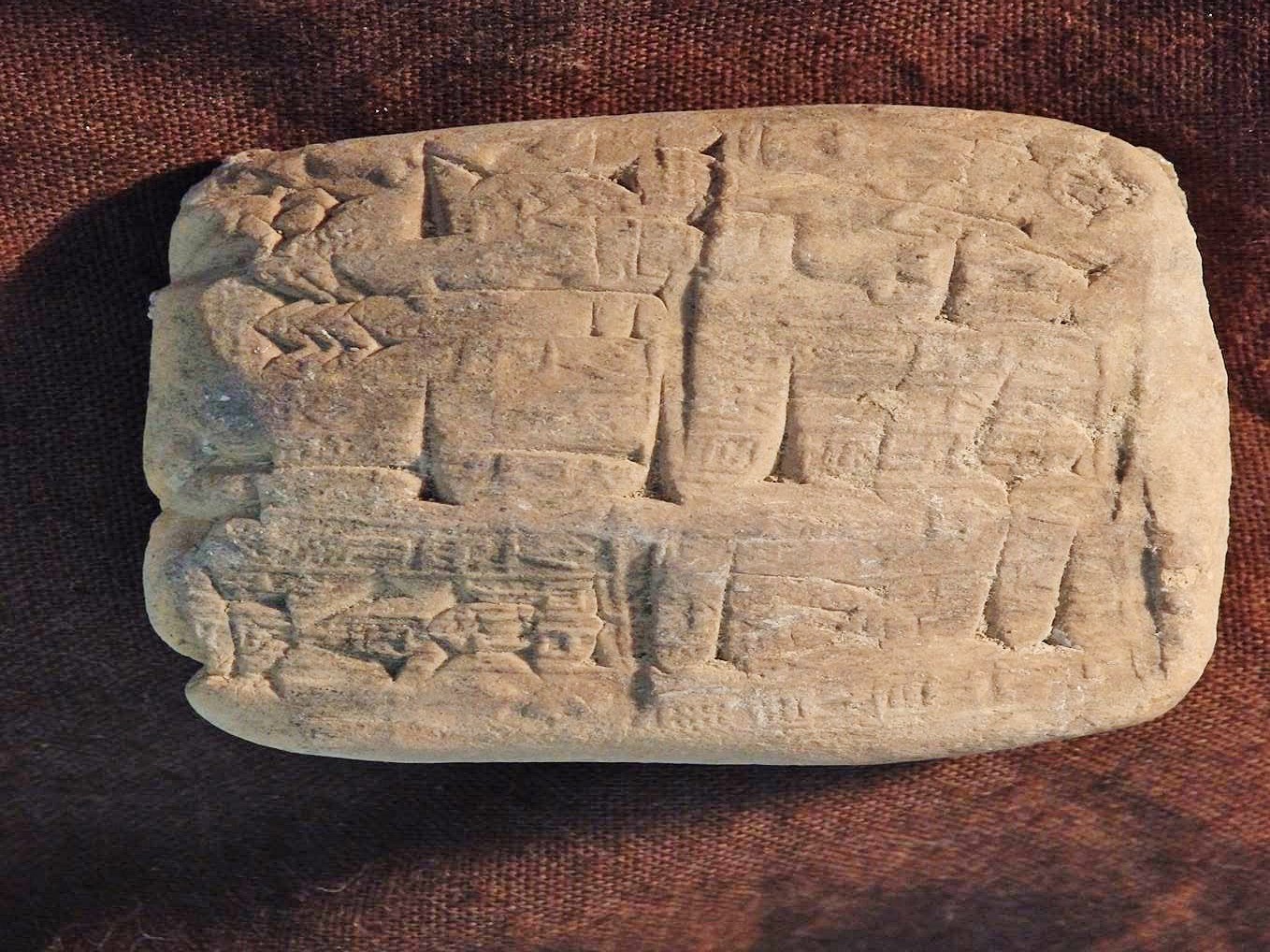A day after craft chain Hobby Lobby agreed to pay a $3 million fine and return smuggled Iraqi artifacts, two professors called on the company to reveal the source of thousands of other antiquities in its massive Bible-themed collection.
The evangelical Christian family that owns the retail firm has spent tens of millions of dollars amassing 40,000 ancient items but hasn’t publicly identified the provenance of most of them, said Candida Moss and Joel Baden, academics who co-wrote the forthcoming book, “Bible Nation: The United States of Hobby Lobby.”
That’s a problem, Moss said Thursday, because “if you don’t know where the item you have bought came from or who it was legally sold to … it’s possible that item was stolen.”
A spokeswoman for Hobby Lobby said she had no immediate comment on the other items in the collection or calls for more transparency.
Hobby Lobby, which is bankrolling the new Museum of the Bible slated to open in Washington this fall, got into legal hot water for its 2010 purchase of Mesopotamian clay tablets covered in cuneiform writing, along with engraved seals and tokens.
The ancient rarities originated in what is now Iraq, where for years looters — most recently ISIS — have laid waste to museums and archaeological sites and sold the spoils on the black market.

Months before the purchase, the company consulted with an expert, Patty Gerstenblith, about cultural property laws. Although she wasn’t asked to advise the company on specific items, she said she warned that anything from Iraq — such as cuneiform tablets — carried a risk.
Nevertheless, Hobby Lobby went ahead and paid $1.6 million for 5,500 pieces that were then smuggled into the United States through Israel and the United Arab Emirates.
It wired the money not to the main dealer but to seven different accounts and accepted shipments at three locations. The packages, sent a few at a time, had misleading labels that listed the contents as “ceramic tiles” or “samples” from Turkey or Israel, according to court papers.
“To me, these are the tell-tale signs of someone who knows what they are doing is illegal,” Gerstenblith told NBC News. “It looks like a subterfuge.”

Hobby Lobby President Steven Green, who arranged the sale, blamed inexperience, saying the company didn’t “appreciate the complexity of the acquisitions process” and relied on dealers and shippers who didn’t know how to document and send the items.
“This resulted in some regrettable mistakes,” the company said in a statement.
In a deal with the feds, Hobby Lobby agreed to return the 5,500 items, pay $3 million and put new procedures in place. It does not appear there will be any criminal charges stemming from the investigation that began when customs officers intercepted one of the shipments.
“Typically, in a case like this, you’re looking at civil forfeiture because criminal prosecution requires a level of intent to be able to prove there was knowing theft of objects contrary to law,” said cultural heritage lawyer Marion Werkheiser, who was not involved in the case.
“I should note Hobby Lobby agreed to a significant financial settlement.”
Read the entire article on NBC News.
Image: U.S. Attorney’s Office for the Eastern District of New York.
